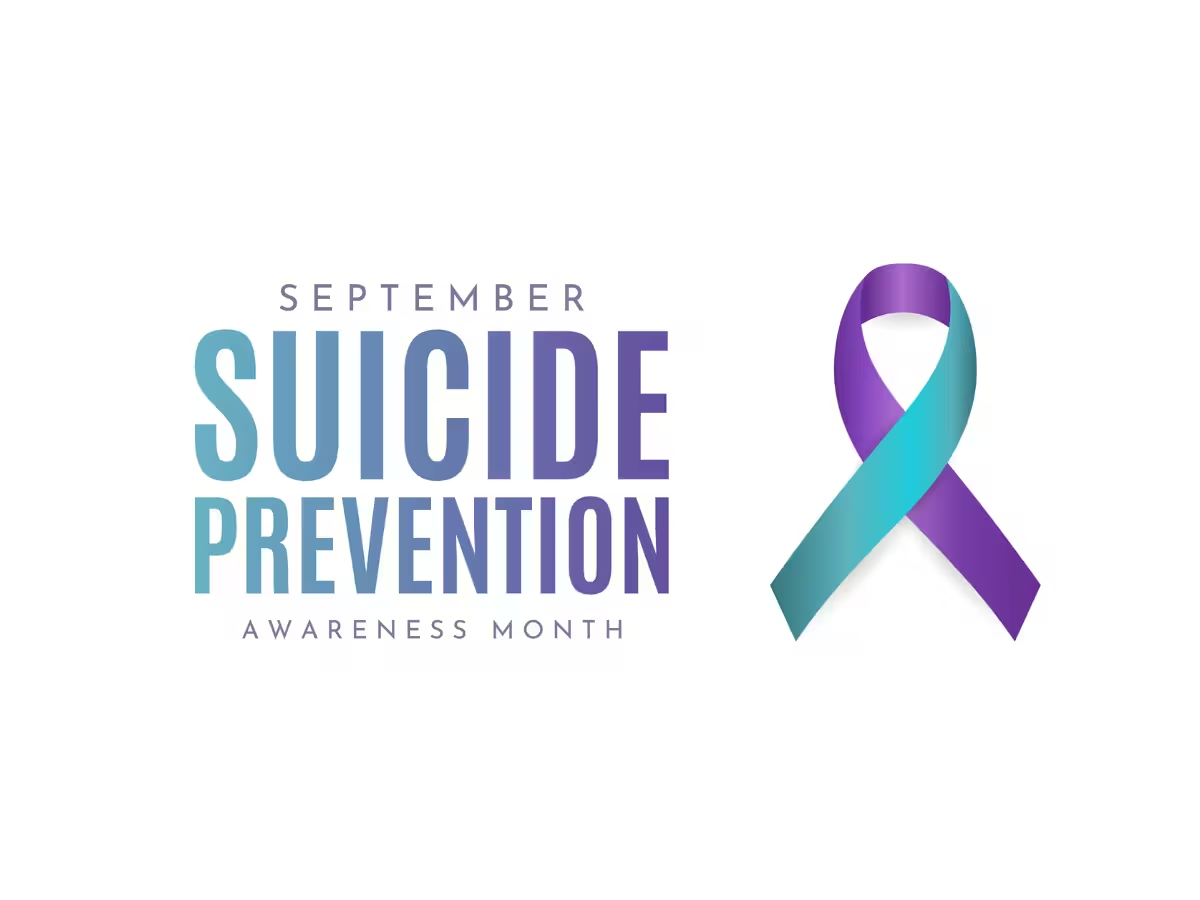Introduction
Emotions are a natural part of being human, yet they often arrive in ways that feel confusing, overwhelming, or even contradictory. Learning to process emotions is not about controlling or suppressing them, but about creating space to notice, name, and work through them with compassion.
The Cost of Distraction
In our fast-moving world, constant multitasking and information overload can leave us feeling scattered and restless. Without realizing it, we often move through days on autopilot—missing out on joy, connection, and clarity. Over time, this lack of awareness can increase stress, disrupt sleep, and weaken our ability to respond thoughtfully to challenges. Recognizing this cost is the first step in reclaiming your attention.
Building Practical Habits
This resource doesn’t aim to overwhelm you with complex techniques. Instead, it provides simple and repeatable practices you can bring into your daily routine. It encourages you to:
- Begin with mindful breathing to anchor your focus.
- Try short body scans to release tension and notice sensations.
- Experiment with mindful walking or eating to reconnect with everyday experiences.
- Use journaling prompts to reflect on your thoughts without judgment.
A Gentle Perspective
Mindfulness is not about silencing your thoughts or achieving a perfect state of calm. It’s about cultivating patience, curiosity, and compassion toward yourself and others. Progress may feel subtle at first, but every moment of awareness plants a seed of balance that grows over time. The goal is not to escape life, but to meet it with greater clarity and acceptance.
“Food journaling is not about perfection — it’s about awareness. Each note you write is a step toward understanding your body, your needs, and your healing process.”
.png)
.png)

.png)


.png)



.png)

.png)








.png)



.png)


